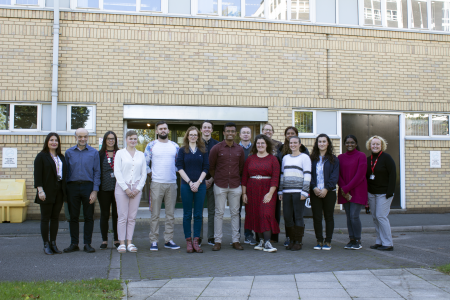
University of Salford academics respond to Chilcot report
Wednesday 6 July 2016
Dr Samantha Newbery, Lecturer in Contemporary Intelligence Studies at the University of Salford: “The Iraq Inquiry’s finding that the resort to war was not a last resort is highly significant. That military action should only be initiated when all available peaceful methods have been exhausted is a long-accepted principle of military ethics.
“The Chilcot Report also provides comment on whether the decision to go to war in Iraq in 2003 satisfied the other major principles of Just War theory, though without using Just War terminology. Crucially, this report has found that there was no imminent threat from Saddam Hussein’s regime, and that the threat was exaggerated by the British government.
“On a separate matter, the report provides new analysis of the relationship between the intelligence community and policymakers in the run up to the war. Politicians have previously been criticised for manipulating intelligence in order to make a stronger case for war in Iraq than the intelligence suggested was the case.
“The Chilcot Report, however, places more responsibility with the intelligence community than earlier commentators have tended to attribute to them, whilst maintaining that politicians were also responsible.”
Dr James Corum, is head of the University of Salford’s MA Terrorism and Security Programme, and retired lieutenant colonel US Army, who served in Iraq 2003-2004 and was part of the US Army War College team that developed a detailed plan for the occupation for Iraq.
He said: “Both senior political and military leaders failed at basic critical thinking from 2002-2004. They made bad assumptions which led to no plans or bad plans. While the American decision-making was highly flawed, there were certainly planning and decision-making failures on the UK side as well.
“I don't believe that there was any deliberate lying on the issues of getting into the war. From my experience, the people at the higher levels truly believed in their intelligence and in their simplistic planning assumptions, as well as in their optimistic assumptions about the nature of politics in Arab countries. There was a lot of simply bad thinking going on in allied circles.”





